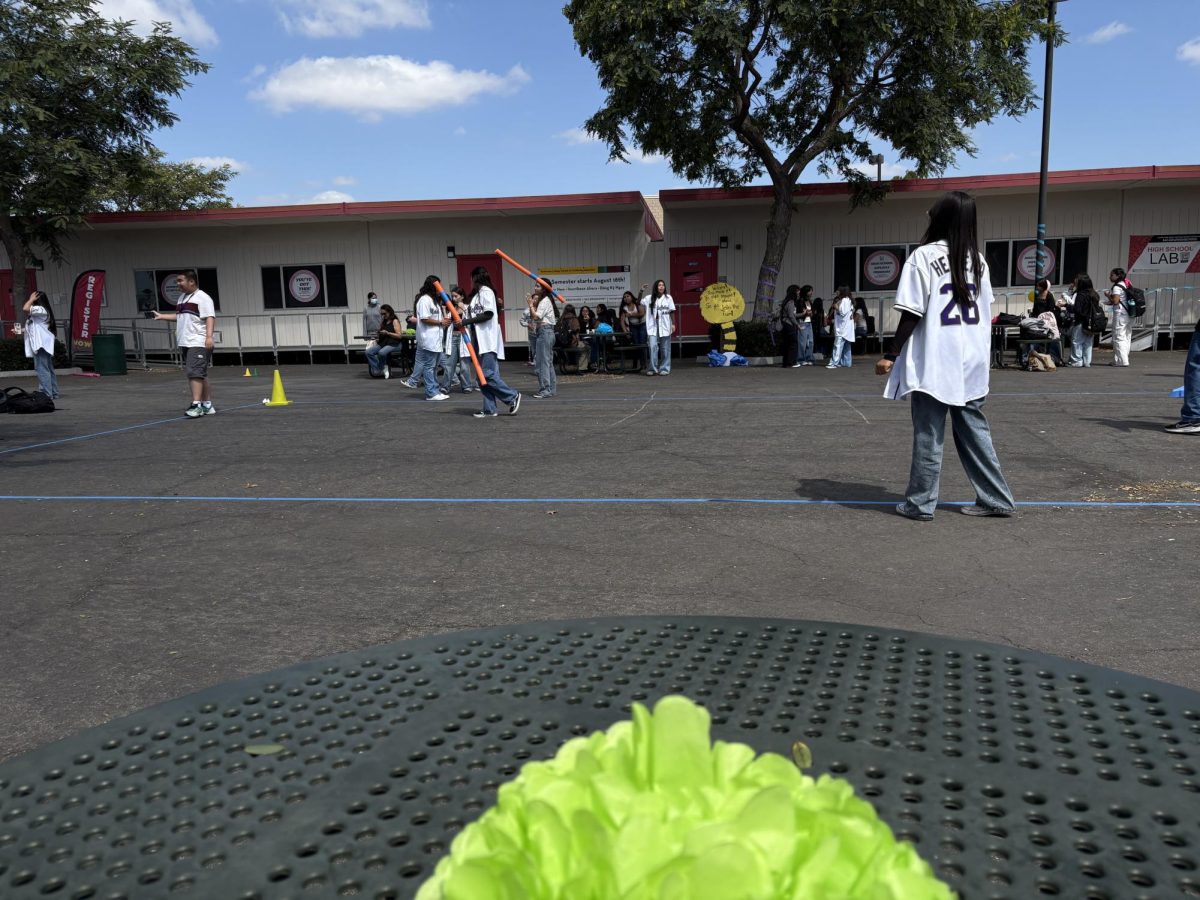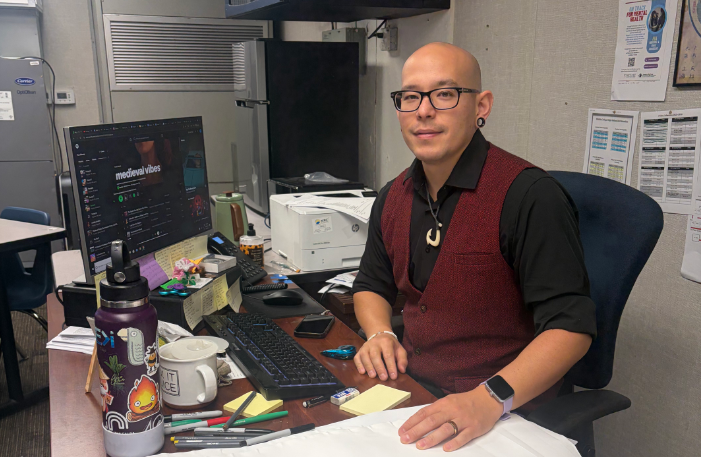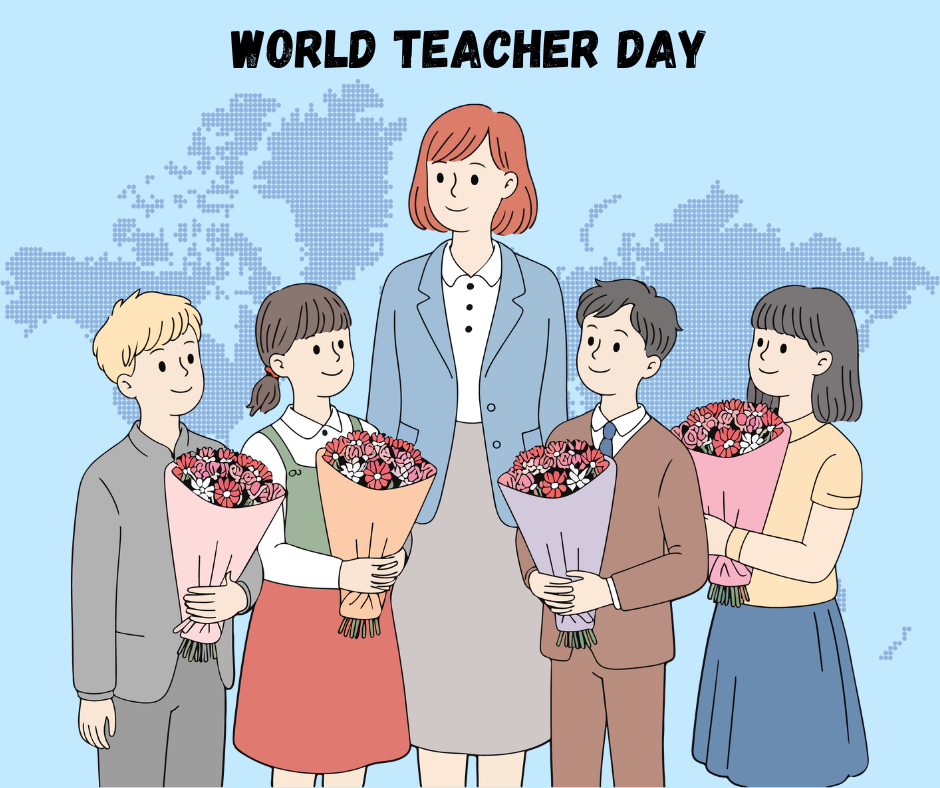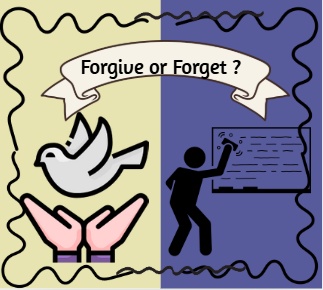Is it easier to forgive or to forget? Experts in this study suggest that emotional forgiveness can lead to higher levels of forgetting than decisional forgiveness or no forgiveness. While forgiveness can lead to healing and new beginnings, forgetting might offer a way to move on without the weight of past memories. As individuals share their insights, this article explores the emotional and psychological dimensions of these choices.
The question of whether it’s easier to forgive or to forget is deeply pondered in the realm of human emotions. Forgiveness requires time and effort to release resentment, leading to healing and reconciliation. Forgetting might appear passive, yet it involves the complex processes of memory and time. This article examines these interconnected concepts, drawing on personal experiences, psychological insights and cultural viewpoints to discover which path might offer greater peace and resolution.
Freshman Giuliana Mendoza shares her insights about whether it is easier to forgive or to forget.
“In my opinion it's easier to forgive because if you can forgive you can kind of reflect on it. But if you try to forget, it’s kind of bad because you might hold a grudge against them,” Mendoza said.
Mendoza was asked if she ever had the chance to forgive.
“I have experienced forgiveness multiple times, although for me I do forgive but I don’t really fully forgive, I always hold a grudge. I have forgiven multiple times,” Mendoza said.
Mendoza has both experienced and offered forgiveness, but she was asked if she had ever tried to forget about a situation.
“No, because I feel like I’m more of a sensitive person. So if something happens to me I tend to stick to it. As I said, I hold a grudge even if I forgive. So forgetting is more difficult for me since it’s always in the back of my mind,” Mendoza said.
Religion can impact some people's choice on when they want to forgive or forget. Mendoza had some insight on this and about culture impacting your decision.
“I’m kind of religious but I do think religion might have something to do with forgiving. I do think that culture and religion can impact your thinking about forgiving or forgetting because Christians tend to think that God would want to forgive your sins,” Mendoza said.
Mendoza was asked what was easier, achieving emotional forgiveness (replacing negative emotions toward the person who has wronged you with positive ones such as sympathy, compassion, or empathy) or decisional forgiveness (making a conscious decision to let go of hurt feelings, such as anger and resentment, putting them in the past and moving forward free of the effects those feelings can bring).
“It may be decisional since you know you're choosing to forgive them and everything, like you understood what they did was wrong. You try to understand why they did it, what they were coming from, so you choose to forgive them,” Mendoza said.
Mendoza then shared her opinion about emotional forgiveness.
“For emotional forgiveness you have to really feel the emotion of forgiving them and sometimes you might not feel that because the situation was really horrible,” Mendoza said.
Overall Mendoza said that in her preference she would rather choose to forgive rather than forget.
“So I think forgiving is better because if you try to forget you’ll still remember in the future and hold resentment against that person you are never going to fully recover from the situation that happened. Cause then going to still be thinking about it and always going to have a negative idea of this person if you don’t forgive them,” Mendoza said.
Senior Paula Sanchez spoke out about her opinions on forgiveness.
“I’d say it’s easier to forget; I wouldn’t say it's the right decision but I think it's much easier and convenient to forget,” Sanchez said.
When asked to further explain as to why Sanchez thinks this she stated that it requires maturity.
“I think when you have to forgive someone, it requires a level of maturity and understanding. Forgetting is easy. You just put it aside,” Sanchez said.
Religion is a topic that could be a factor in forgiveness and Sanchez was asked if she also thought this.
“I think it definitely plays a factor especially since I guess one of the core values is to forgive others for their sins and I definitely think it influenced my perspective [in deciding] that forgiving is better than forgetting,” Sanchez said.
Sanchez was asked what was easier, emotional forgiveness or decisional forgiveness.
“Decisional forgiveness would be easier in my opinion because I think it is much easier to think about a situation logically and see what should be considered right or wrong. With emotional forgiveness I think it’s more difficult to control your emotion, even if you know something isn’t right you might still feel a certain way. I think we need to acknowledge our emotions since they are not always in the right place,” Sanchez said.
In sharing her views, Sanchez illuminated the complex nature of forgiveness. She emphasized that while forgetting might be more convenient, true forgiveness requires maturity and a deep understanding.
The exploration into the emotional and psychological dimensions of forgiveness and forgetting is truly whether one prefers finding solace in forgiving or seeking peace through forgetting. Mendoza emphasizes that forgiving allows her to emotionally overcome the situation and understand the other person’s perspective. While Sanchez prefers forgetting over forgiving because while forgetting is easier, true forgiveness requires time and maturity. Their personal thoughts reveal the complexities between these choices, highlighting how personal experiences, cultural influences and individual sensitivities shape our responses.


































